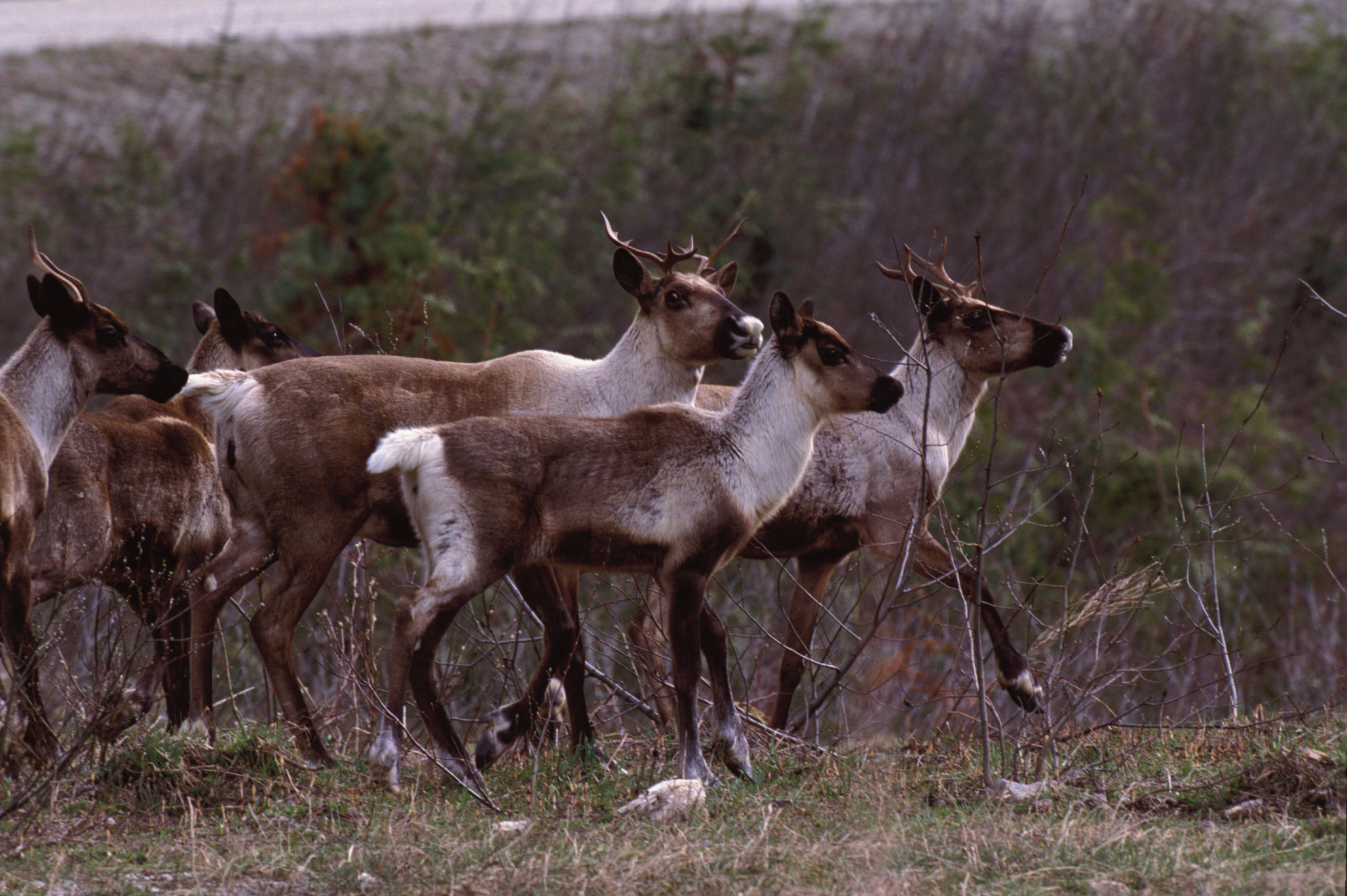
On March 04, 2015, Blueberry River First Nations filed a ground breaking lawsuit at the BC Supreme Court, suing the Province for breach of Treaty 8 due to the cumulative impacts of intensive industrial development on their territory. Blueberry argues that the adverse cumulative impacts of numerous projects operating across their lands are interfering with their constitutionally-protected treaty right to hunt and fish and otherwise practice their traditional way of life. The lawsuit is the first of its kind in BC, and follows a similar claim put forward by the Beaver Lake Cree Nation in Alberta in 2008, arguing that the adverse cumulative effects of oil sands and other forms of industrial development in their territory violate their treaty rights.
Blueberry River First Nations is an adherent to Treaty 8, which their ancestors signed in 1900. Under the terms of the treaty, in exchange for opening their lands for settlement, the Crown promised Blueberry that they would be able to continue to practice their existing way of life. At the time of the signing of the treaty, Blueberry’s ancestors hunted, trapped, and fished on their territory, and were also able to gather plants, berries, and other resources for food, medicine and other purposes. Today it is no longer possible to engage in these activities in many parts of the territory due to environmental degradation.
Since the signing of the treaty, Blueberry’s territory has been heavily impacted by intensive resource extraction and other forms of industrial development. In a recent press release, Chief Marvin Yahey states that “Blueberry’s ancestors would not recognize our territory today. It is covered by oil and gas wells, roads, pipelines, mines, clear cuts, hydro and seismic lines, private land holdings, and waste disposal sites, amongst other things ... there are vast dark zones throughout our territory where we are no longer able to practice our treaty rights.”
First Nations treaty rights are protected under s. 35(1) of the Constitution, which states that “The existing aboriginal and treaty rights of the aboriginal peoples of Canada are hereby recognized and affirmed.” Aboriginal law lawyer Tim Thielman has argued (persuasively in my view) that constitutional protection for s. 35 harvesting rights imposes upon the Crown a “duty to conserve” the conditions necessary for the exercise of those rights. Thielman poses the question “Can one hunt if there is nothing to be hunted?” and concludes that “... the answer is simple. Hunting, fishing,trapping, and gathering practices (“harvesting practices”), cannot be exercised without the existence of the particular resources harvested.” Simply put, in order to honour its treaty obligations, the Crown must ensure that the land is sufficiently healthy to ensure the continued existence of diverse species to hunt, gather and fish.
According to Blueberry’s press release, the Beatton watershed, which is in the northeastern portion of the territory, has suffered the most serious impact. Studies report that when development is buffered by 500 metres, 90.8% of the area has been disturbed. Outside of the Beatton watershed, 66% is disturbed. And less developed areas to the west are under increased pressure from oil and gas development, as well as the Site C dam which, if built, would flood a massive part of the southern territory. Furthermore, proposed LNG facilities on BC’s north coast, such as Petronas’ Pacific Northwest LNG facility in Prince Rupert, plan to supply their facilities from gas wells in Blueberry’s territory.
The intensive, large scale development occurring in Blueberry’s territory is being done in the absence of a “big picture” environmental assessment. New projects are assessed independently, but without rigorous consideration of how projects may interact with one another to impact species and the environment. As a result, the ability of Blueberry to continue to hunt and fish and otherwise practice their traditional way of life is in jeopardy. Chief Yahey states that the Province “continues to approve major industrial undertakings in our territory without full appreciation that each new approval brings our unique culture closer to extinction. This is a grave situation that the Province continues to ignore ... We fear things will only get worse with the LNG ‘gold rush’ we are witnessing in our territory today."
Blueberry’s statement of claim alleges that the Province has authorized industrial development with their territory “without regard to the potential cumulative effects and consequent adverse cumulative impacts of the Industrial Developments on the Plaintiff’s continuing meaningful exercise of its Treaty Rights.” More specifically, the statement of claim charges that the Province failed to obtain sufficient information to understand the potential cumulative effects of the projects it was authorizing within Blueberry’s territory, as well as failed to assess, monitor, and manage the cumulative impacts as they were occurring. As a consequence, the territory has suffered extensive ecological damage to the extent that members of the Blueberry River First Nations are no longer able to meaningfully exercise their treaty rights in many parts of their territory.
We agree with Blueberry River First Nations that the Crown has failed in its duty to assess, monitor and manage cumulative effects on their territory and are currently calling on the provincial government to better address the assessment and regulation of cumulative effects throughout BC. Alongside many First Nations and local governments, we have been speaking out about the need for the provincial government to undertake a big picture “regional strategic environmental assessment” that would address cumulative effects. Currently, along with the Northwest Institute for Bioregional Research, we are co-hosting a series of community dialogue sessions across the north on LNG and regional strategic environmental assessment.
Blueberry’s litigation is a powerful reminder that BC’s status quo of largely overlooking cumulative effects is not working and we will be following the case with interest.
By Hannah Askew
Staff Counsel, West Coast Environmental Law